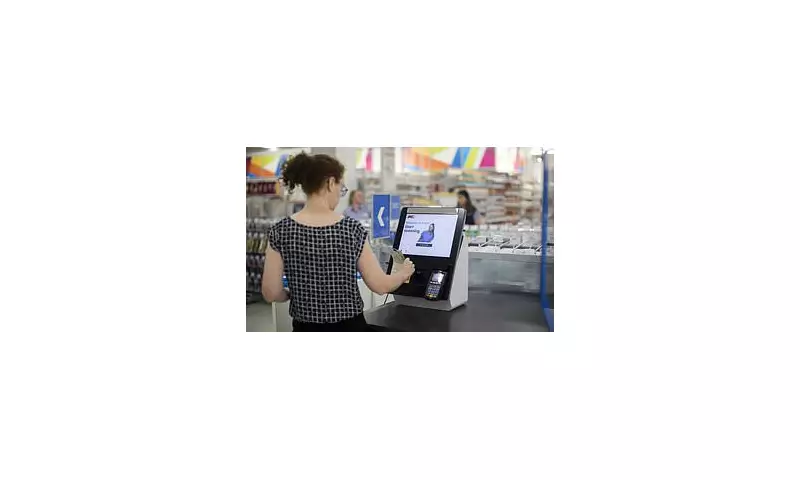
Retail giant Kmart has been plunged into a significant privacy controversy after a covert trial of facial recognition technology was uncovered at a South Australian store, igniting a fierce backlash from consumers and privacy advocates alike.
The system, which was secretly scanning the faces of unsuspecting shoppers at the Adelaide Colonnades store, was brought to light by a vigilant customer. The technology, supplied by Singapore-based firm Aurora, purportedly matched live customer feeds against a watchlist of individuals previously involved in incidents of theft, violence, or aggression.
A Breach of Trust and Transparency
Kmart's defence that the trial was a 'security measure' has done little to quell the anger. The fundamental issue, as highlighted by the Office of the Australian Information Commissioner (OAIC), is a profound lack of transparency and valid consent. Customers were not adequately informed that their sensitive biometric data—one of the most personal forms of information—was being collected and analysed.
This practice appears to directly contravene Australia's Privacy Act, which mandates that collection of personal information must be fair and reasonably necessary. The OAIC has now launched a formal investigation into the matter, a move that could have serious repercussions for the retailer.
Consumer Backlash and the 'Biometric Backlash'
The public response has been swift and severe. Social media platforms are flooded with comments from customers expressing feelings of violation and betrayal. Many have declared they will boycott the store, using hashtags like #BoycottKmart. This public outcry underscores a growing global unease with the surreptitious use of biometric surveillance in everyday spaces.
Privacy experts are sounding the alarm, warning that such technology normalises a constant state of surveillance and creates a significant risk of data breaches. A leak of a biometric database is far more damaging than a password leak, as fingerprints and facial features are permanent and cannot be changed.
What This Means for the Future of Retail
The Kmart scandal serves as a critical test case for the use of facial recognition in Australian retail. It forces a necessary public conversation about where the line should be drawn between security and privacy. While retailers have a right to protect their property and staff, this cannot come at the expense of fundamental consumer rights and trust.
The outcome of the OAIC's investigation will be closely watched, as it will likely set a crucial precedent for how biometric data is regulated and governed in commercial settings across the country.





